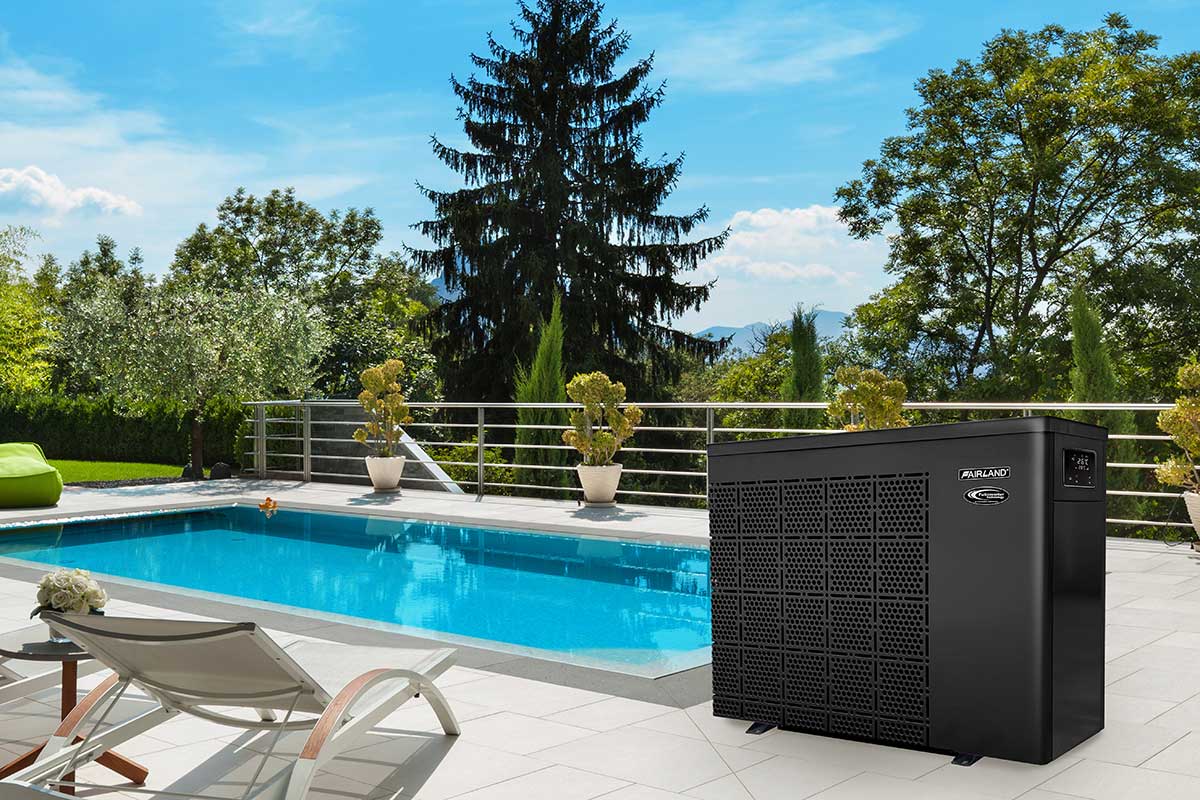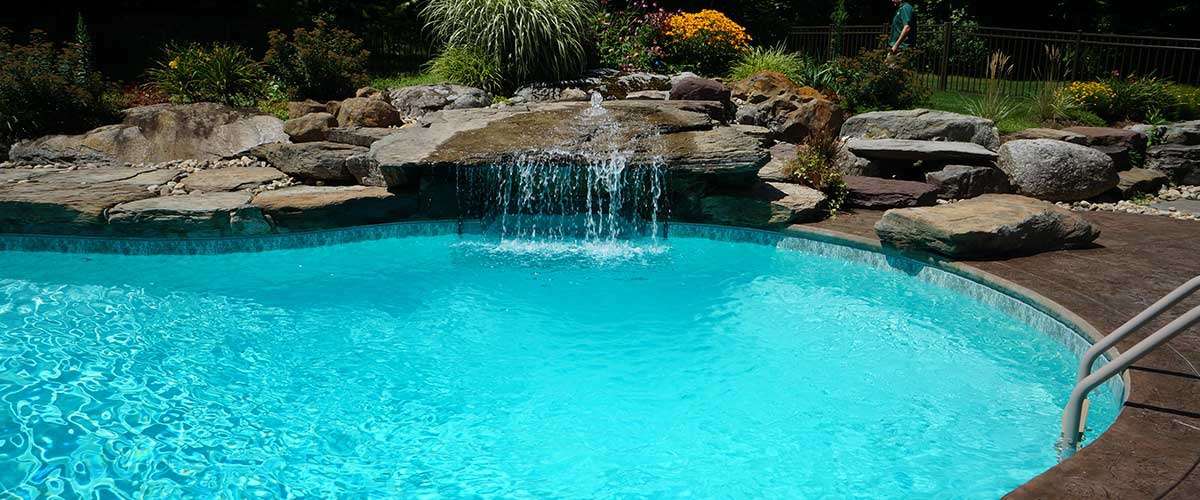Pool Heizen: Optimal Solutions for a Comfortable Swim
Understanding Pool Heating Options
When it comes to keeping your pool at a comfortable temperature, understanding the various pool heating options is essential. From solar heaters to electric heat pumps, each method has its pros and cons. Choosing the right solution not only contributes to the longevity of your swimming pool but also enhances your overall swimming experience. For example, while solar panels are a cost-effective option in sunny climates, they may be less effective in colder regions. Let’s explore the different methods for_POOL HEIZEN_ in detail.
Solar Pool Heating
Solar pool heaters utilize solar panels installed on your roof or beside the pool to collect sunlight. This alternative energy source is eco-friendly and cost-effective after the initial investment. The panels convert solar energy into heat, which is then transferred to the pool water through a pump system. This method works best in sunny locations and can increase the water temperature by up to 15 degrees Fahrenheit. However, it relies heavily on sunny weather and may not suffice in cloudy climates. The installation process is straightforward, making it an appealing choice for those looking to_Pool Heizen_ sustainably.

Gas Heaters for Quick Heating
Gas pool heaters are known for their ability to heat water quickly, making them a great option for those who prefer a fast heating solution. They work by burning natural gas or propane to create heat, which is exchanged with the pool water. This direct heating method is efficient and effective for pools needing a quick warm-up, especially in colder months. However, operational costs can be high if the pool is used frequently. Gas heaters are great for permanent installations but can impact environmental sustainability due to fossil fuel consumption.
Electric Heat Pumps
Electric heat pumps have gained popularity for their energy efficiency. They transfer heat from the surrounding air or ground to warm the pool water using a refrigeration cycle. This method requires electricity but is substantially more efficient than gas heaters. During milder climates, heat pumps can significantly reduce your bills while maintaining a pleasant pool temperature. Although the initial cost can be higher compared to gas heaters, the long-term savings can make them a preferable choice for many. Additionally, the use of electric heat pumps aligns with strategies for sustainable energy consumption.

Case Study: Effective Pool Heating Strategies
To illustrate effective pool heating strategies, let’s take a closer look at a family that installed a combination of heating methods for their above-ground pool. Utilizing both a solar heater and an electric heat pump enabled them to maximize their cost savings while ensuring pool access year-round. The solar panels supplemented heat during peak summer months, whereas the heat pump was primarily utilized during spring and fall. This multi-faceted approach not only kept their operation costs low but also allowed for versatility in controlling pool temperature.
Commanding Greater Control
By integrating smart pool heating technologies, many homeowners now command greater control over their pool temperatures. Temperature sensors and automated systems allow users to adjust settings remotely via smartphones, ensuring that the pool is warm and ready whenever needed. These innovations also provide alerts on maintenance schedules, enhancing the overall longevity of pool heating systems.
Environmental Impact of Pool Heating
While enjoying warmer waters is critical for user comfort, the environmental impact of pool heating cannot be neglected. Choosing energy-efficient systems (like electric heat pumps) decreases carbon footprints while saving on energy bills. It’s also essential to consider thermal insulation for your pool cover to further retain heat generated, contributing positively to environmental goals. Utilizing hybrid systems can provide a balance between comfort and sustainability.
Maintenance Tips for Your Pool Heater
Proper maintenance is crucial for the longevity and efficiency of your pool heating system. Regularly check your system for debris and ensure clean water circulation throughout the components to avoid clogs. Scheduling annual professional inspections can help identify potential problems early on, keeping your systems running smoothly. Furthermore, remember to seasonalize your systems; turning off your heater during the off-season conserves energy and lowers wear and tear on mechanical components.
Regular Monitoring
Regularly monitoring your pool temperature can make a significant difference not only in energy consumption but also in user comfort. Automation systems allow for the tracking of temperatures and usage patterns, thereby helping in making informed decisions about when and how long to heat your pool. Additionally, consider implementing an energy-efficient timer system so that your heaters operate strategically during off-peak electricity hours.
Addressing Common Issues
Just like any mechanical system, heating systems may encounter issues such as incorrect water temperature, unusual noises, or high energy bills. The first step in addressing these issues is to check if the system is properly calibrated. Often, cleaning filters or inspecting property efficiency can rectify minor problems. For complex issues, involving a professional who specializes in pool heater maintenance is advisable to restore functionality swiftly.
Key Takeaways
When it comes to effectively_pool heizen_, understanding your options and maintenance practices is essential for ensuring a pleasurable swimming experience. By evaluating sustainable options like solar heaters and electric heat pumps, or opting for quick thermal gas heaters, you can customize your approach based on your specific needs. Consistent maintenance practices help mitigate disruptions and ensure long-lasting enjoyment. Always be aware of the environmental impact and take steps to make your pool heating system as eco-friendly as possible. With that, let’s address some common questions related to pool heating.
FAQ
1. How much does it cost to heat a pool?
The cost of heating a pool varies depending on the heating method used. Gas heaters are typically more expensive in the long run, while solar and electric heat pumps can offer substantial savings over time. Initial installation costs range from $2000 to $5000, and operational costs will depend on local utility rates and pool frequency.
2. How long does it take to heat a pool?
The time taken to heat a pool depends on the heating method and the size of the pool. On average, a gas heater takes a few hours while solar heaters can take a full day or more. Electric heat pumps may also vary depending on the ambient temperature and humidity levels.
3. Can I use a pool cover to retain heat?
Absolutely! Using a thermal pool cover can significantly help retain heat in your pool. Covers prevent evaporation, which is a significant loss factor, and can keep your pool warmer during colder nights. It’s advisable to use them whenever the pool is unattended.
4. What’s the ideal temperature for a heated pool?
The ideal temperature usually ranges from 78°F to 82°F (25°C to 28°C) depending on personal preferences and regional climates. Heated pools often feel better at a comfortable range, encouraging more use year-round.
5. Is pool heating worth the investment?
Investing in a pool heating system typically results in longer swimming seasons and greater enjoyment. Whether the investment will pay off depends on usage frequency and preferred swimming conditions. If you regularly use the pool, especially in colder months, investing in a quality heating system is worthwhile.
